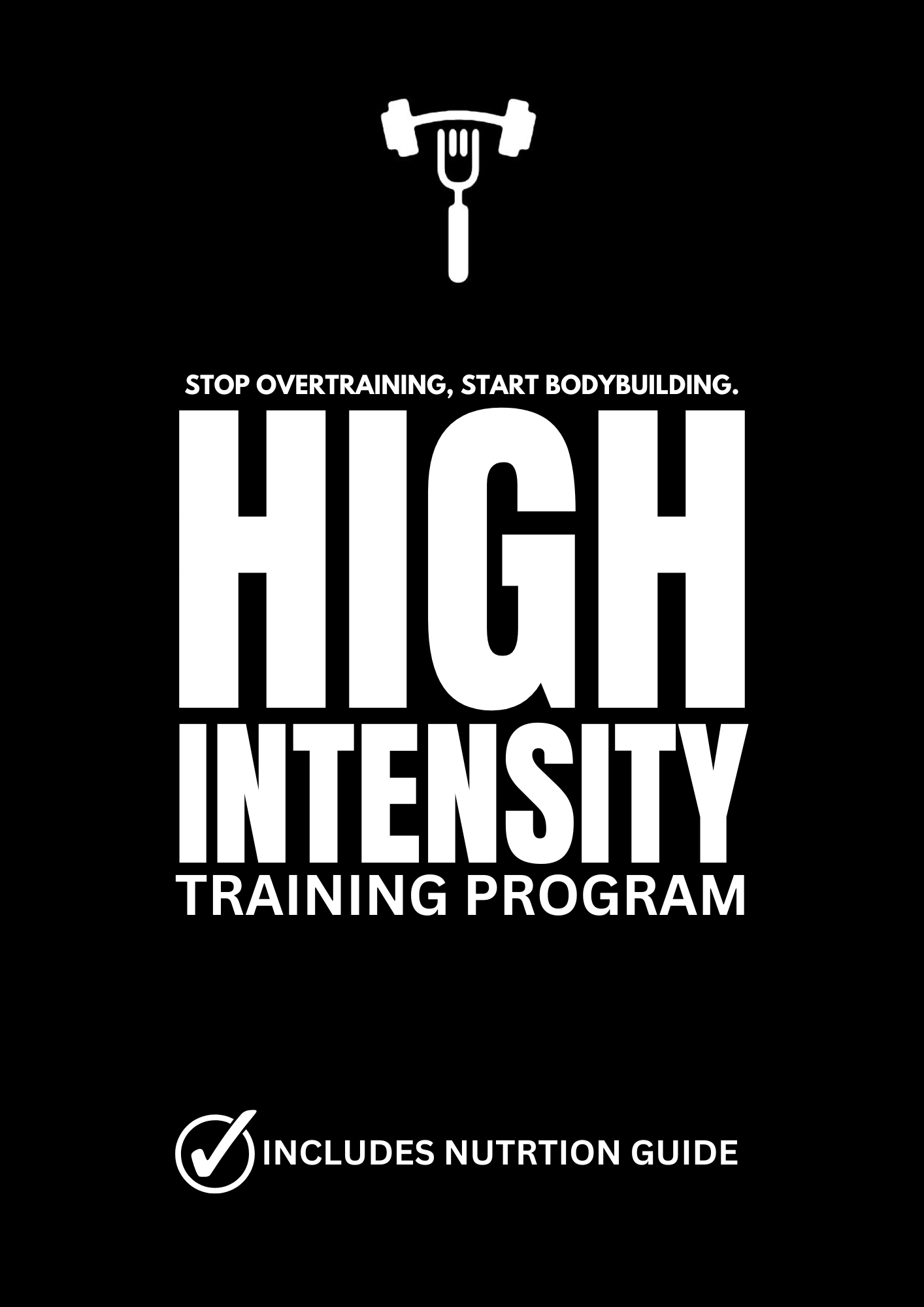Unveiling the Ultimate Muscle-Building Carbohydrates: A Blueprint for Success

For those dedicated to sculpting a muscular physique, the role of carbohydrates in their nutrition regimen cannot be overstated. Carbohydrates serve as the body's primary fuel source, essential for powering through rigorous workouts and facilitating muscle recovery and growth. In the pursuit of muscle hypertrophy, the strategic selection and consumption of carbohydrates play a pivotal role, aligning seamlessly with the principles of high-intensity training (H.I.T).
The foundation of an effective muscle-building nutrition plan lies in understanding the intricate interplay between caloric intake, macronutrient distribution, and individual body composition goals. When it comes to carbohydrates, the goal is to harness their energy-yielding properties to fuel intense training sessions while promoting an optimal environment for muscle repair and growth.
Caloric considerations serve as the cornerstone of any muscle-building endeavor. Determining one's daily caloric requirements, accounting for factors such as basal metabolic rate (BMR), activity level, and desired rate of muscle gain, provides a framework for crafting a personalized nutrition strategy.
In the context of muscle-building, carbohydrates should constitute a significant portion of total daily caloric intake, typically ranging from 45% to 65%. This range allows for ample energy provision while maintaining a balance with protein and fat intake, both crucial for muscle synthesis and overall health.
The key lies not only in the quantity but also in the quality of carbohydrates consumed. Optimal carbohydrate sources for muscle-building endeavors are those that offer sustained energy release, promote glycogen replenishment, and minimize fluctuations in blood sugar levels. Here's a curated list of top-tier carbohydrate sources tailored for maximizing muscle growth:
1. Complex Carbohydrates: Emphasizing complex carbohydrates ensures a steady supply of energy throughout the day, vital for sustaining intense training sessions and promoting recovery. Whole grains such as brown rice, quinoa, barley, and oats serve as excellent choices, providing a plethora of nutrients alongside slow-digesting carbohydrates.
2. Starchy Vegetables: Vegetables like sweet potatoes, butternut squash, and pumpkin are rich in complex carbohydrates and boast a diverse array of vitamins, minerals, and antioxidants. Their versatility makes them ideal for incorporating into pre- and post-workout meals to replenish glycogen stores and support muscle recovery.
3. Legumes: Legumes, including beans, lentils, and chickpeas, offer a potent combination of complex carbohydrates, protein, and fiber, making them a staple in muscle-building nutrition plans. They provide sustained energy while promoting satiety and aiding in muscle repair and growth.
4. Fruits: While fruits contain natural sugars, they also offer a spectrum of vitamins, minerals, and antioxidants essential for overall health and performance. Opt for nutrient-dense options such as berries, apples, bananas, and oranges, which provide a steady release of carbohydrates alongside valuable micronutrients.
5. Dairy: Dairy products like milk and yogurt contain lactose, a naturally occurring sugar, alongside protein and essential nutrients crucial for muscle recovery and growth. Choose low-fat or non-fat varieties to minimize saturated fat intake while benefiting from their carbohydrate and protein content.
6. Whole Grain Products: Whole grain bread, pasta, and cereals provide a convenient source of complex carbohydrates, making them an excellent addition to pre- and post-workout meals. Look for products with minimal processing and added sugars to maximize nutritional value and support muscle-building efforts.
7. Sports Drinks and Energy Gels: For individuals engaging in prolonged or intense workouts, sports drinks and energy gels can serve as valuable sources of fast-digesting carbohydrates, rapidly replenishing glycogen stores and sustaining energy levels during training sessions.
In conclusion, the quest for muscle hypertrophy demands a nuanced approach to carbohydrate consumption, emphasizing nutrient-dense sources that support sustained energy provision, promote glycogen replenishment, and facilitate muscle recovery and growth. By strategically incorporating high-quality carbohydrates into their nutrition plan, individuals can optimize performance, accelerate muscle gains, and embark on the journey toward their ideal physique with confidence and determination.

